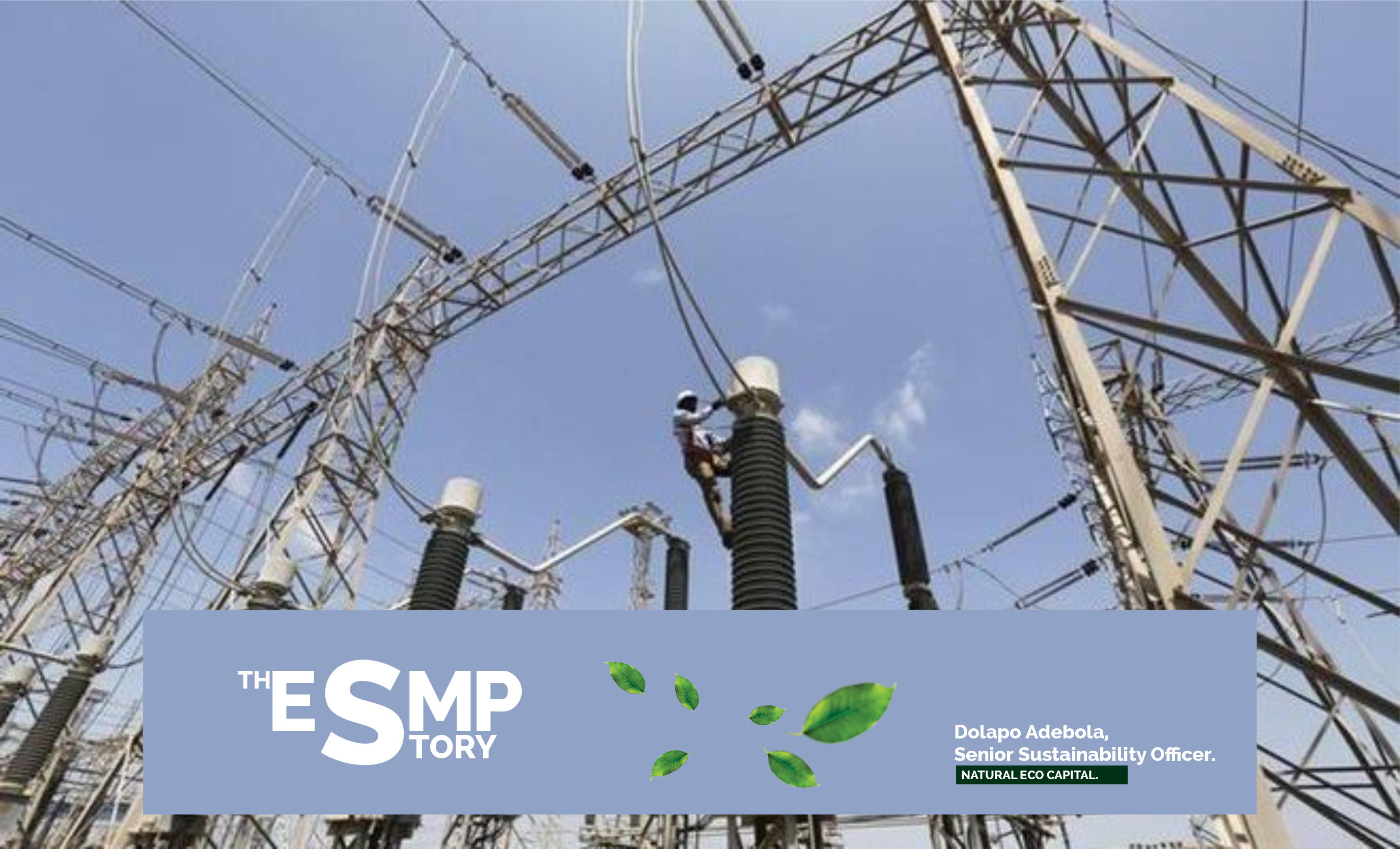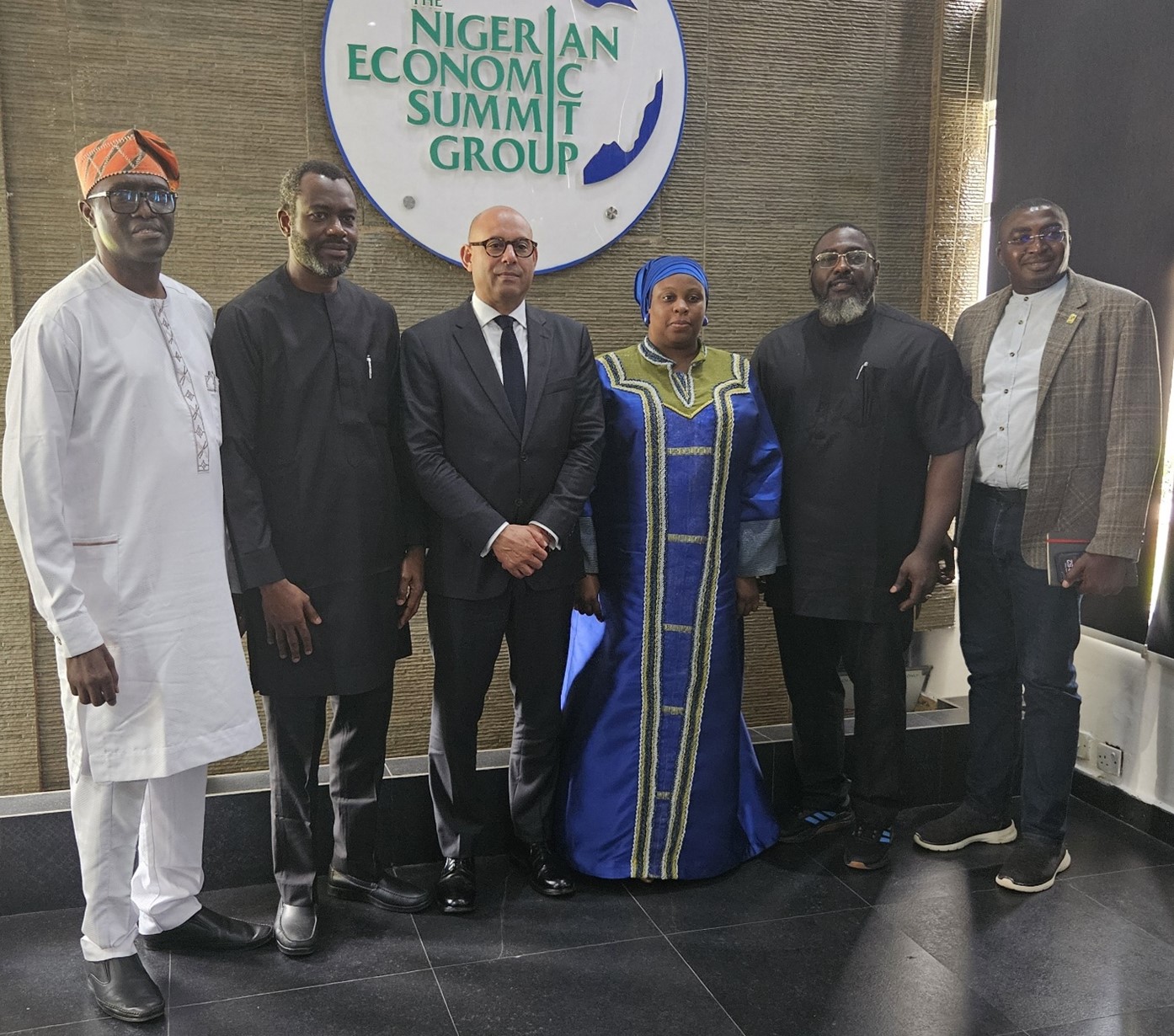
Experts in sustainability and climate change have stressed the need for innovation as well as the full participation of SMEs in order to achieve low carbon and a resilient global economy. Experts in sustainability and climate change have stressed the need for innovation as well as the full participation of SMEs in order to achieve low carbon and a resilient global economy.
The said this recently during a webinar on climate change, organised by African Development Bank, in conjunction with Natural Eco Capital.
With the theme: ‘Scaling Climate Action Through Technology and Innovation By SMEs,’ the experts called on the private sector in Africa to support African governments in advancing their Nationally Determined Contributions (NDC), as part of their commitment to keep global warming below two degrees celsius.
Sustainability and Climate Change expert, Dr Eugene Itua, in his paper presentation, said most African governments have shown commitment and enthusiasm in the roll out of their NDCs implementation.
“National governments cannot do it alone. Everyone, including those at all levels of government, as well as business leaders, investors and civil society, must contribute to climate change,” Itua said.
According to him, the estimated financing for NDC in Africa, would run in trillions of dollars by 2030, a development, he said, called for collaboration between government and the private sector, while he further predicted that 75 per cent of the total investment would come from the private sector.
He listed the private sector to include the formal large-business sector and the small-business sector.
Itua, further explained that involving the SMEs in climate action, would involve strategic and well-informed inclusion of the private sector, especially the small and medium size enterprises (SMEs) in climate change adaptation and mitigation planning and activities must be a key part of efforts to meet NDC targets.
“So by all accounts, in engaging the private sector for the climate-smart investments to support the various countries to meet their NDC targets, the SME must be seen as the cornerstone to grow climate business opportunities in Africa,” Itua said.
Speaking on the effect of private sector collaboration in climate change, Itua said it would be an opportunity to ensure sustainable development and boost low carbon economic growth in the areas of new jobs, economic savings, competitiveness and market opportunities, and improved wellbeing for people with even greater investment, innovation and growth potential ahead.
Climate Finance and Risk Expert, Belynda Petrie, who spoke on ‘Toolkits on Climate Screening and Opportunities,’ said the objectives of Toolkits in addressing climate change, would include to deepen the understanding of business of climate change and climate action from risk, opportunity and implementation perspectives.
“Another objective is to capacitate business to integrate climate action into business ideas, risk management and growth,” she added.
She said the benefits for Africa and for SMEs, would be through enabling climate action in a larger section of national economies, substantially scale up national climate action across Africa; Increase SME access to climate finance; and Enable a new market for African Development Bank products and climate investments.
Giving an overview of the Toolkits, and guidance for SMEs, Petrie said: “Climate change poses serious risks to business, but that the Toolkits contains step-by-step guide in using each of the tools. It comes with training manual and information intended to equip users with the knowledge and skills to use the tools, which aim at helping businesses how climate change risks affect businesses in general.
Climate Finance expert, Dr. Jubril Adeojo, who delivered a paper on ‘Guidelines on Mainstreaming Climate Change into Lines of Credit,’ highlighted the objectives of mainstreaming guidelines to include leveraging green local organising committee (LOC) to mobilise private sector funds globally, in response to the dire sufferings of the ecosystem from the effects of climate change and mitigating. To strengthen the bank’s green bond programme so that the green bond proceeds can be applied to establish green LOCs, approved for different eligible financial institutions across Africa.

